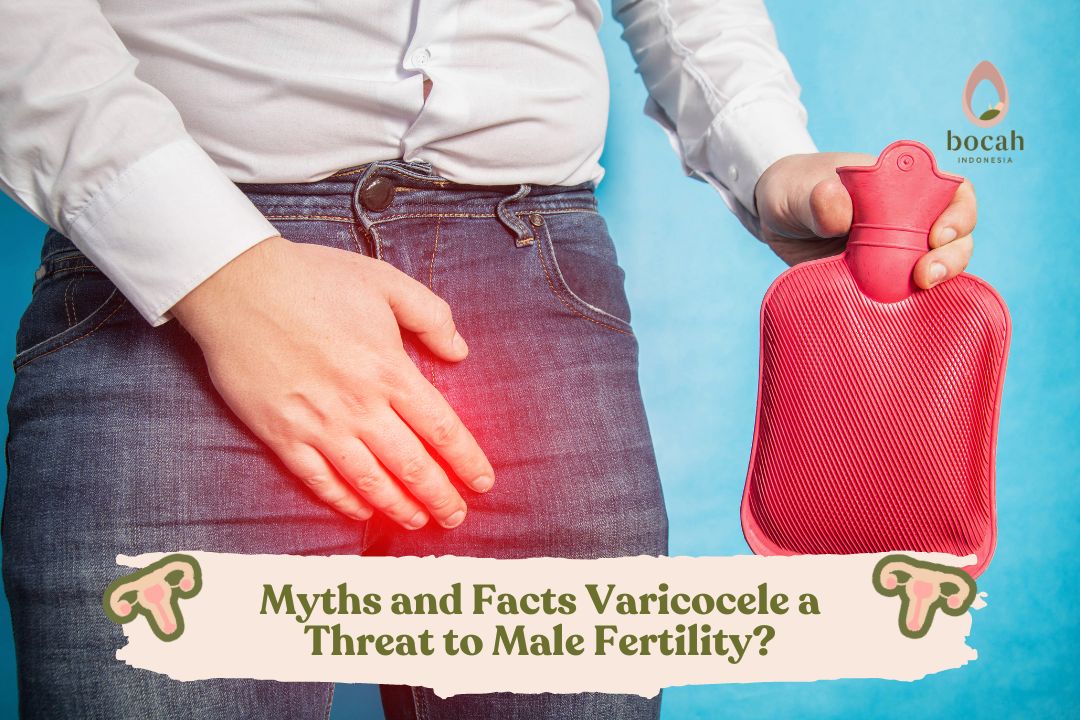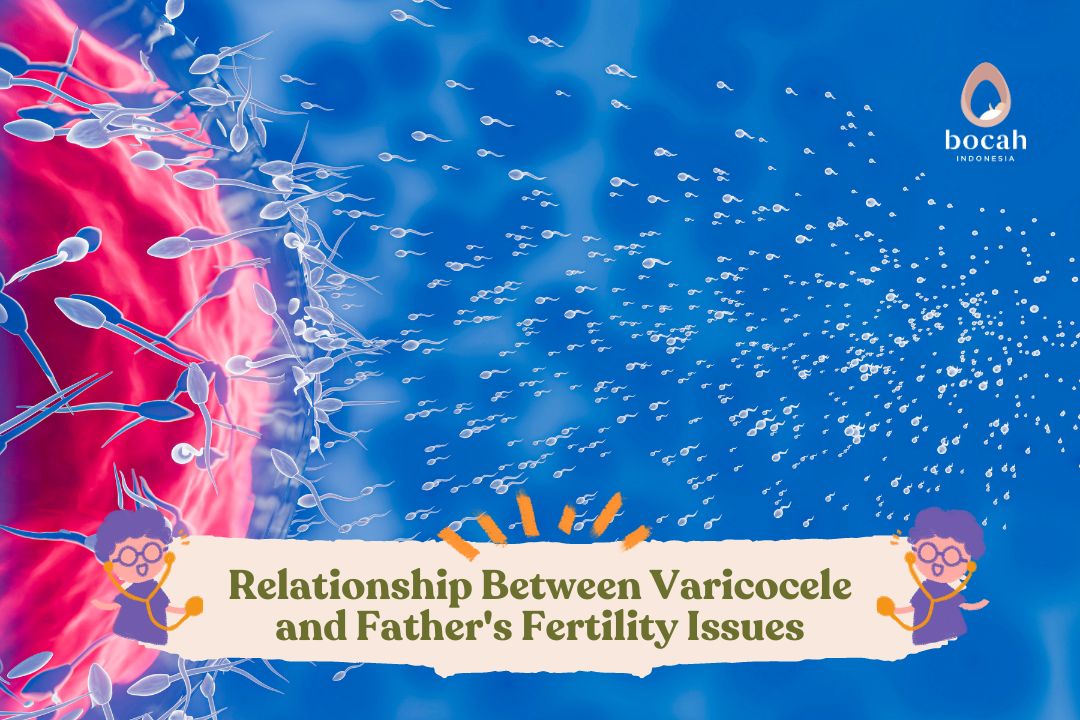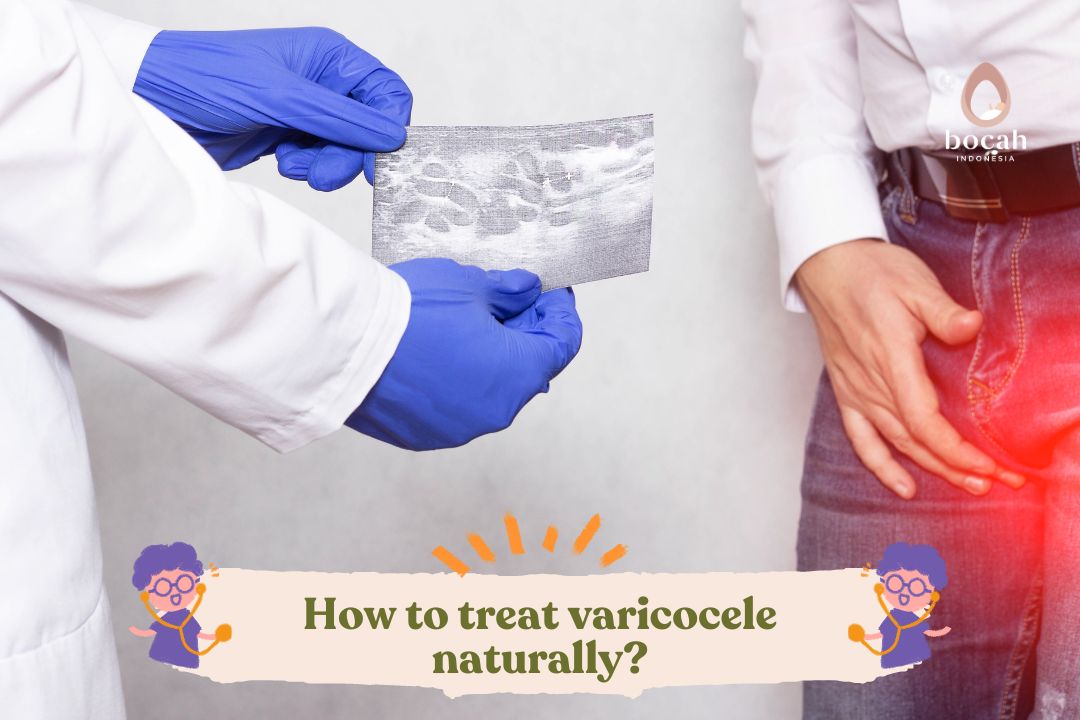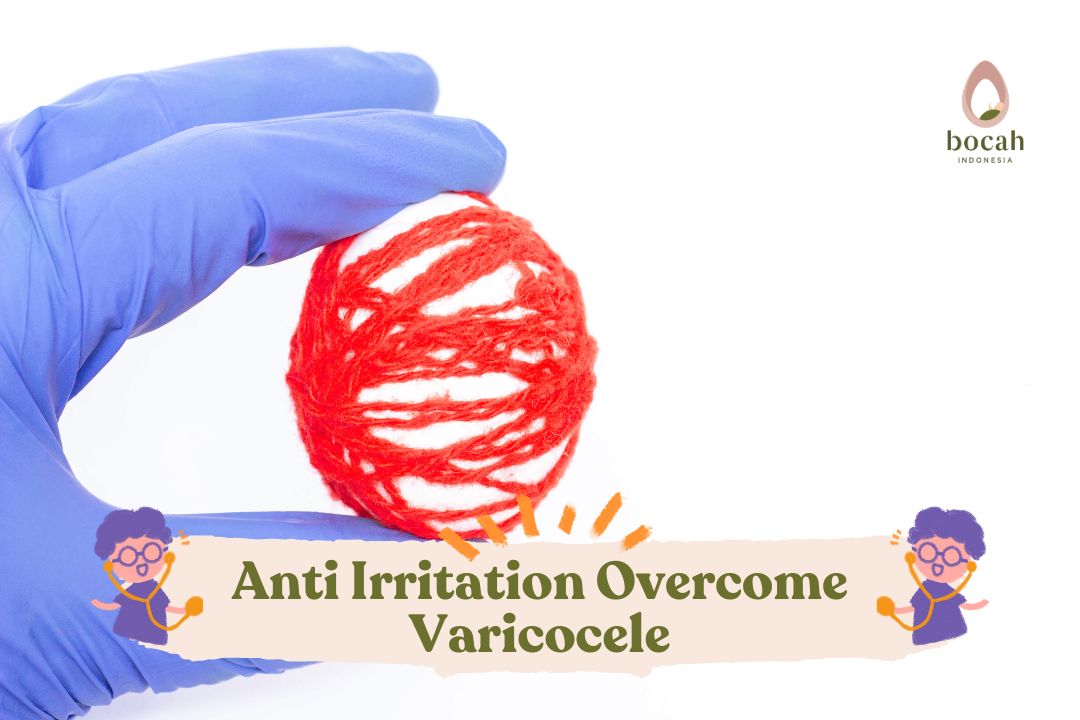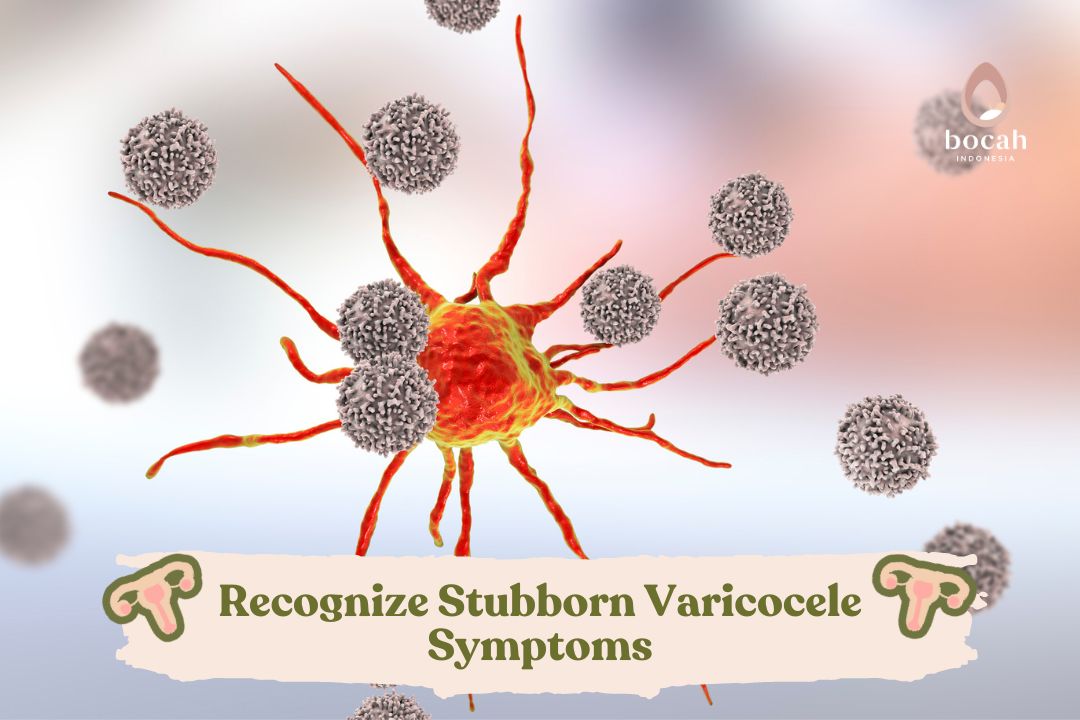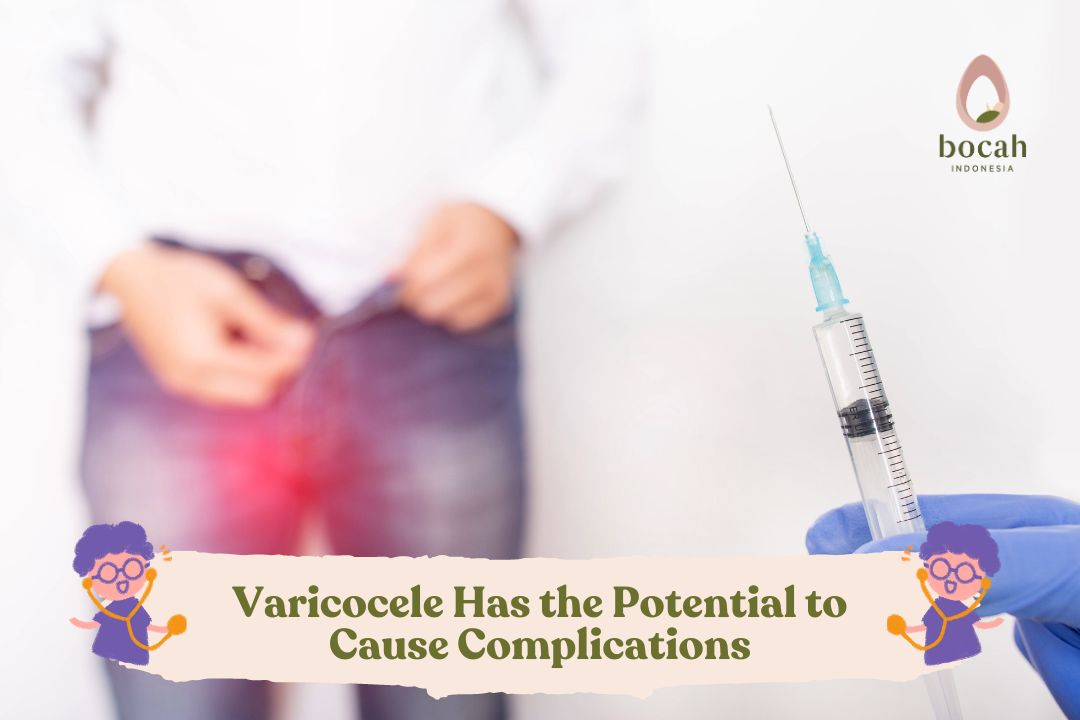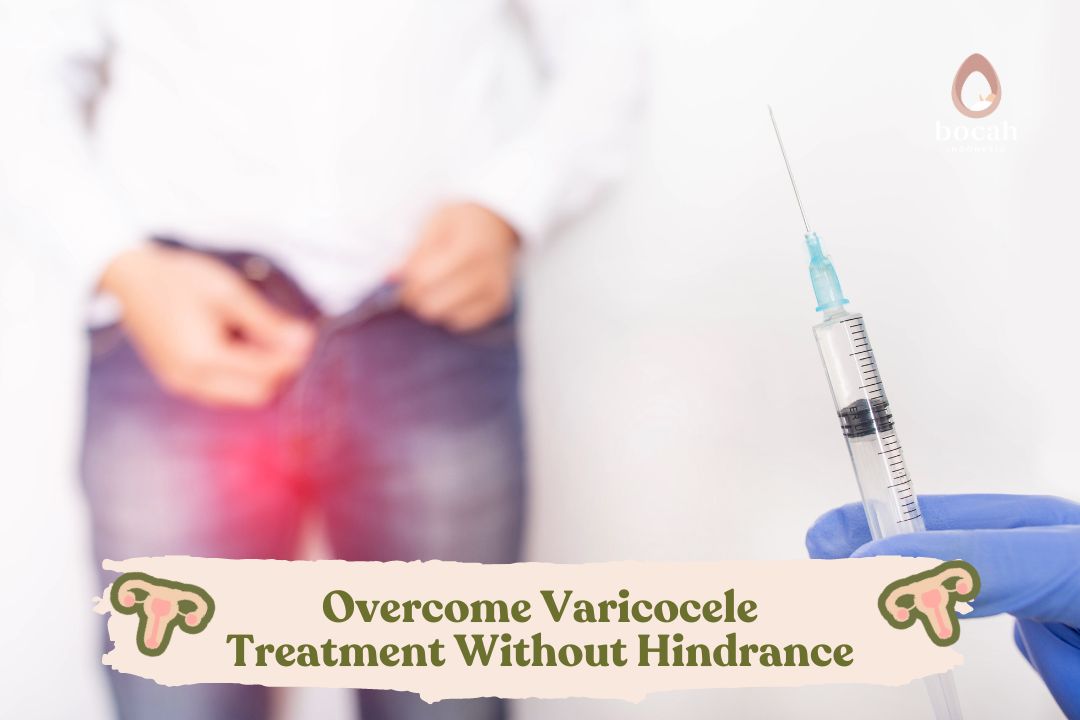Varicocele and Hernia, Medical Conditions Experienced by Men
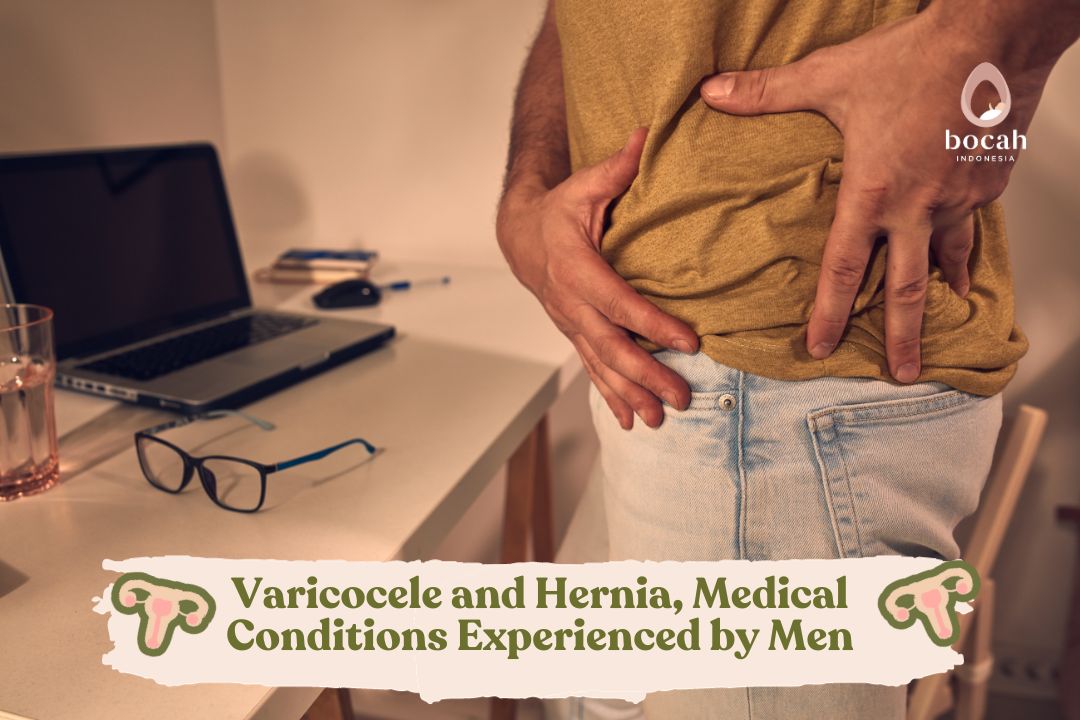
Hernia and varicocele are abnormal conditions in the male body. Although both are experienced by men, these two conditions are different, both in terms of causes and locations.
Two common medical conditions experienced by men are hernia and varicocele. Both are health disorders that cause pain in those who suffer from them. Hernia comes in several types based on its location. On the other hand, varicocele occurs in the male reproductive organ, namely the testicles.
Now, for fathers to understand the differences more deeply, let’s take a look at the explanations of hernia and varicocele below.
What Is Hernia?
Hernia is a condition where a lump appears due to fat, tissue, or part of an organ pushing through a weak point or muscle of the abdomen or connective tissue.
In principle, the connective tissue in the body is strong enough to hold the internal organs in their proper positions. However, in some cases, the connective tissue weakens, making the organs protrude when subjected to pressure.
Tanya Mincah tentang Promil?
This condition is also commonly known colloquially as a “ruptured” or “hernia.” This is because hernia occurs in the abdominal area, between the hips and chest. In some specific cases, hernia can occur in the thigh and upper thigh area. Hernia comes in several types, and its treatment depends on its cause and type.
The causes can vary, including aging, strenuous physical activities, a history of abdominal surgery, obesity, constipation, or chronic coughing.
However, there are several risk factors that increase a man’s likelihood of experiencing this condition. It’s important to note that hernia can occur in men of any age. Some risk factors that can increase the risk of hernia include:
-
Being born prematurely or having a low birth weight
-
Having a family history of hernia
-
Having previously undergone hernia surgery
Hernia Symptoms
Hernia has different symptoms depending on its type and location. Here are some hernia symptoms based on their types and locations.
-
Inguinal Hernia. This type of hernia occurs when the intestines or tissue in the abdominal cavity protrude into the groin area. It is the most common type of hernia in men. Symptoms include pain in the groin, a sensation of warmth or heaviness in the groin, the presence of a lump in the groin, and swelling and pain in the scrotum.
-
Umbilical Hernia. Umbilical hernia occurs when a portion of the intestine or tissue protrudes through the muscles near the navel. This type of hernia is often experienced by infants because the umbilical cord opening hasn’t completely closed. Symptoms include a protruding and reddish or bluish navel, a feeling of fullness in the abdomen, pain in the abdomen when pressed, fever, vomiting, and constipation.
-
Femoral Hernia. This condition occurs when a portion of the intestine or tissue protrudes into the upper inner thigh. Femoral hernia is often experienced by women who are overweight or obese. Symptoms include abdominal pain, nausea and vomiting, and groin pain when standing or engaging in strenuous activities.
-
Hiatal Hernia. This type of hernia occurs when a portion of the stomach protrudes into the chest cavity. This lump enters through the muscle that separates the chest and abdominal cavities. Possible symptoms include heartburn, difficulty swallowing, shortness of breath, chest pain, acid reflux, and vomiting blood.
What Is Varicocele?
If you think hernia and varicocele are the same, they are actually different. Varicocele is a condition where swelling occurs in the blood vessels within the scrotum.
If not treated promptly, this condition can affect the quality and quantity of a father’s sperm, leading to fertility problems.
Swelling in the blood vessels of the testicles causes the scrotum to appear as if it has many worms. In short, the testicles appear as if they have varicose veins.
Causes of Varicocele
Until now, the exact cause of varicocele has not been determined. However, it is believed to be caused by a malfunction of the valves in the veins. These valve malfunctions lead to disrupted blood flow, causing blood to accumulate in specific vein areas.
Varicocele Symptoms
It’s important for fathers to know that varicocele can occur in one or both testicles, although it rarely occurs in both. Varicocele usually doesn’t cause many symptoms. However, in some cases, the symptoms experienced may include:
-
Discomfort in the scrotum
-
Enlargement
-
Testicular pain when standing or engaging in physical activities
-
A palpable lump
-
When feeling the veins or scrotum, it may feel as if they are filled with worms.
Now that you know the difference between hernia and varicocele, if hernia generally occurs in the abdominal or groin area, varicocele occurs directly in the testicles, which are vital for the male reproductive system. Both conditions, if not promptly treated, can lead to dangerous conditions. Don’t take them lightly and consult a doctor right away.
Get information about fertility, pregnancy programs, and pregnancy on Bocah Indonesia. Want to share this interesting information? Let’s share the article with other infertility warriors.
This article has been medically reviewed by Dr. Chitra Fatimah.
Source:
- Paick, S., Choi, W.S. (2019). Varicocele and Testicular Pain: A Review. World J Mens Health. 2019 Jan; 37(1): 4–11.
- Hammound, M., Gerken, J. (2023). Inguinal Hernia. NCBI Bookshelf.
- Putri, N.A., et al. (2023). Inguinal Hernia: Diagnosis and Management. Inguinal Hernia: Diagnosis and Management.


